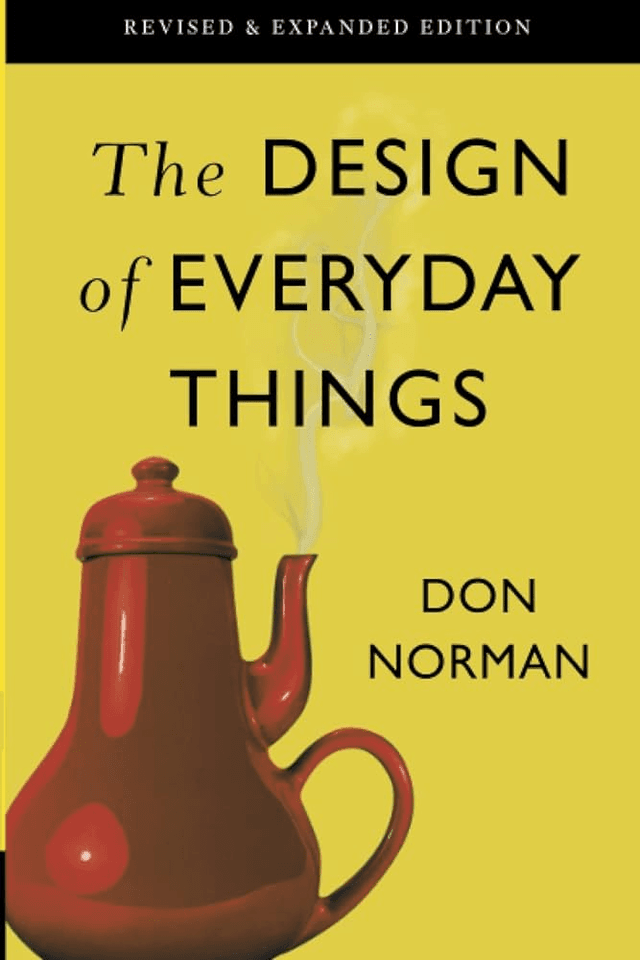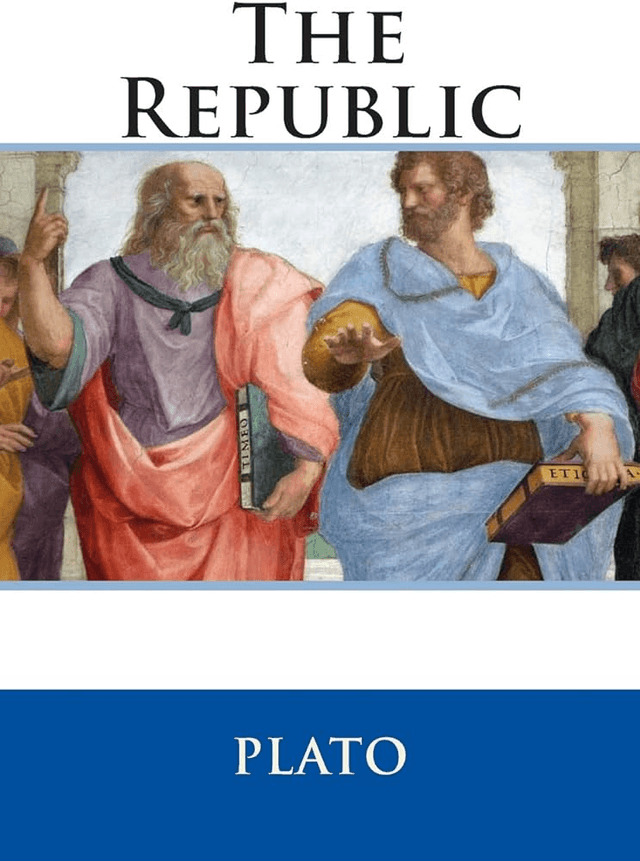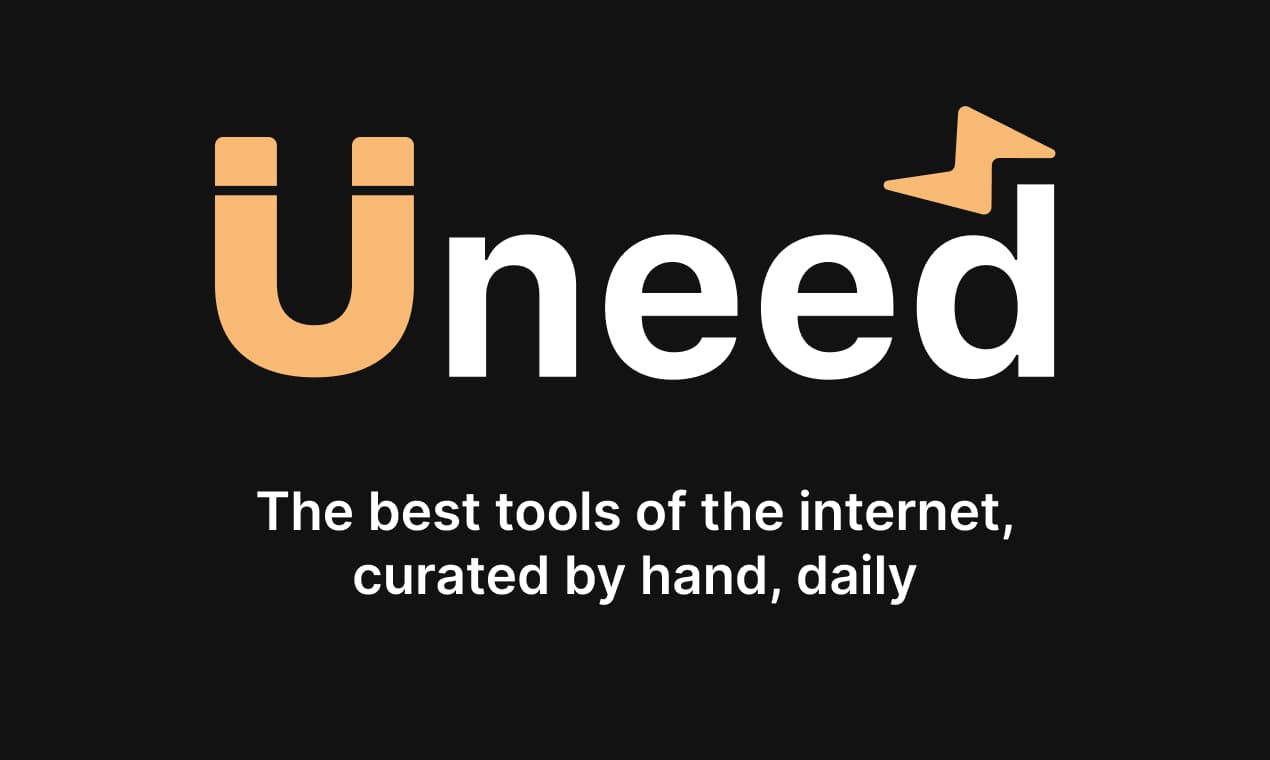The Design Of Everyday Things vs. The Republic
The Design Of Everyday Things
Even the smartest among us can feel inept as we fail to figure out which light switch or oven burner to turn on, or whether to push, pull, or slide a door. The fault, argues this ingenious -- even liberating -- book, lies not in ourselves, but in product design that ignores the needs of users and the principles of cognitive psychology. The problems range from ambiguous and hidden controls to arbitrary relationships between controls and functions, coupled with a lack of feedback or other assistance and unreasonable demands on memorization. The Design of Everyday Things shows that good, usable design is possible. The rules are simple: make things visible, exploit natural relationships that couple function and control, and make intelligent use of constraints. The goal: guide the user effortlessly to the right action on the right control at the right time. The Design of Everyday Things is a powerful primer on how -- and why -- some products satisfy customers while others only f...
The Republic
The Republic is a Socratic dialogue, written by Plato around 380 BC, concerning the definition of justice, the order and character of the just city-state and the just man—for this reason, ancient readers used the name On Justice as an alternative title (not to be confused with the spurious dialogue also titled On Justice). The dramatic date of the dialogue has been much debated and though it might have taken place some time during the Peloponnesian War, "there would be jarring anachronisms if any of the candidate specific dates between 432 and 404 were assigned". It is Plato's best-known work and has proven to be one of the most intellectually and historically influential works of philosophy and political theory. In it, Socrates along with various Athenians and foreigners discuss the meaning of justice and examine whether or not the just man is happier than the unjust man by considering a series of different cities coming into existence "in speech", culminating in a city called Kallipo...

Reviews
Reviews
| Item | Votes | Upvote |
|---|---|---|
| No pros yet, would you like to add one? | ||
| Item | Votes | Upvote |
|---|---|---|
| No cons yet, would you like to add one? | ||
| Item | Votes | Upvote |
|---|---|---|
| Has significantly shaped Western thought | 1 | |
| Timeless relevance | 1 |
| Item | Votes | Upvote |
|---|---|---|
| Dense and complex language | 1 | |
| Abstract concepts can be challenging to grasp | 1 |
Frequently Asked Questions
'The Design of Everyday Things' focuses on practical applications of design principles to improve user experience in everyday objects, making it highly applicable for designers and consumers alike. In contrast, 'The Republic' delves into philosophical discussions about justice and the ideal state, which, while intellectually stimulating, may not offer immediate practical benefits for everyday life. Therefore, if you're looking for practical insights, 'The Design of Everyday Things' is likely the better choice.
'The Republic' is often regarded as a foundational text in Western philosophy and political theory, discussing concepts of justice that remain relevant across centuries. While 'The Design of Everyday Things' provides valuable insights into design and usability, its relevance is more contextual to modern design practices. Thus, for timeless philosophical relevance, 'The Republic' holds a stronger position.
'The Design of Everyday Things' is generally considered more accessible due to its straightforward language and practical examples related to design. In contrast, 'The Republic' features dense and complex language, along with abstract concepts that can be challenging to grasp. Therefore, for readers seeking clarity and ease of understanding, 'The Design of Everyday Things' is likely the easier read.
'The Design Of Everyday Things' is a book that explores the principles of good product design. It argues that many common usability issues stem from poor design that ignores the needs of users and cognitive psychology principles. The book emphasizes making controls and functions visible, using natural relationships, and applying intelligent constraints to guide users effortlessly.
The author of 'The Design Of Everyday Things' is Don Norman, a renowned cognitive scientist and usability engineer known for his contributions to the field of design.
'The Design Of Everyday Things' discusses several key principles of good design, including making things visible, exploiting natural relationships between controls and their functions, and using constraints intelligently to guide users towards the right actions.
'The Design Of Everyday Things' is considered a powerful primer on design because it provides clear, actionable guidelines for creating user-friendly products. It explains why certain designs frustrate users and offers practical solutions to make products more intuitive and satisfying to use.
'The Republic' is a Socratic dialogue written by Plato around 380 BC. It addresses the definition of justice and examines the order and character of the just city-state and the just man. The dialogue explores whether a just man is happier than an unjust man through discussions on various topics, including the theory of forms, the immortality of the soul, and the roles of philosophers and poets in society.
Pros of 'The Republic' include its significant influence on Western thought and its timeless relevance. However, the dialogue is known for its dense and complex language, and the abstract concepts can be challenging to grasp.
'The Republic' was written by the ancient Greek philosopher Plato.
'The Republic' is considered an influential work because it has significantly shaped Western philosophical and political thought. Its discussions on justice, the ideal state, and the role of philosophers have had a lasting impact on intellectual history.
Key themes in 'The Republic' include justice, the ideal state, the theory of forms, the immortality of the soul, and the roles of philosophers and poets in society.




















